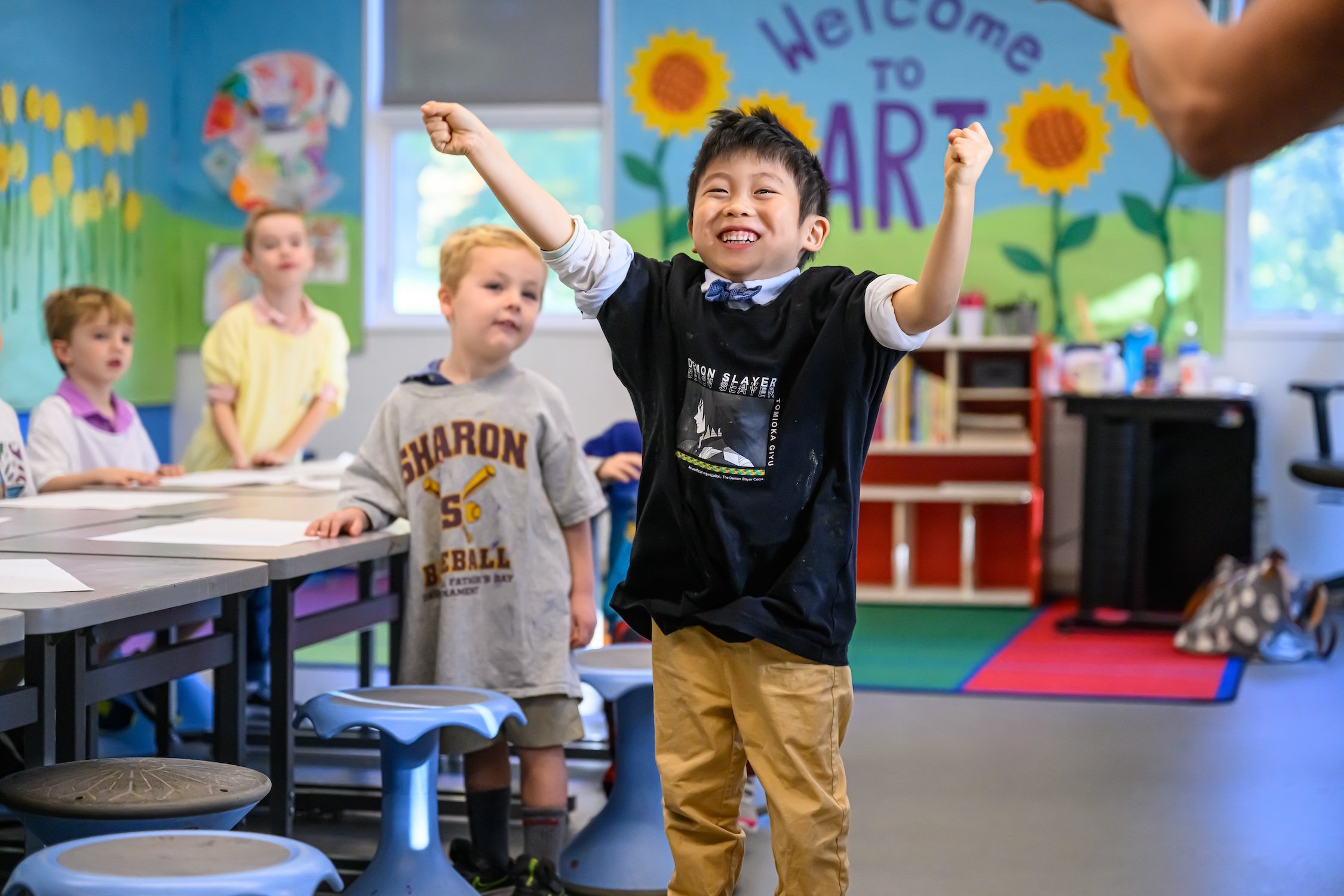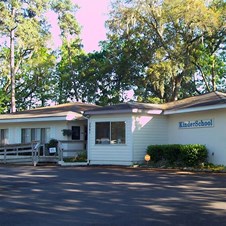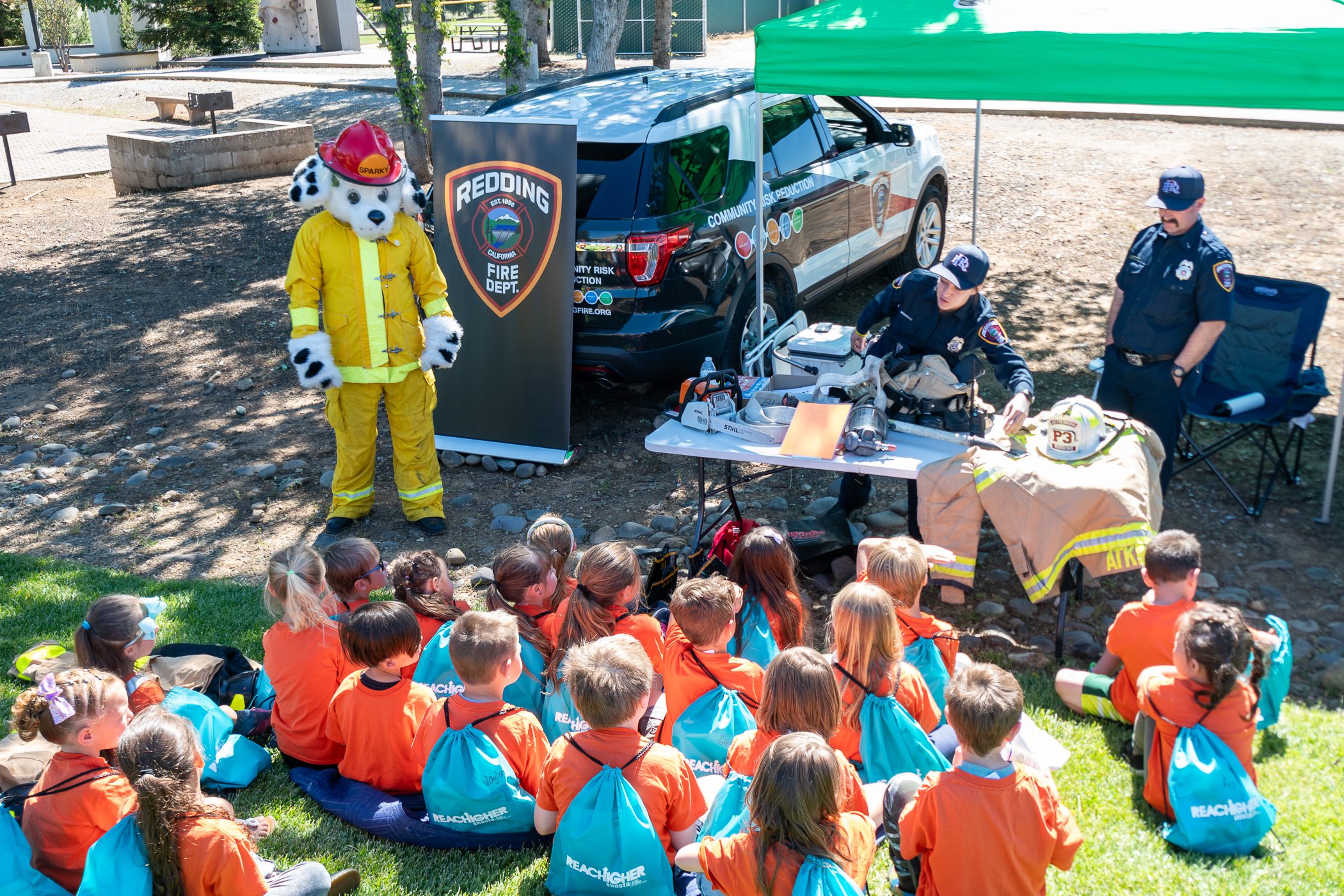How Grade School students grow through science discovery projects
Everything About Elementary School: Essential Facts and Enhancing Experiences for Young Learners
Quality school plays a critical role fit young learners' futures. It includes crucial academic subjects and supports social abilities via organized interactions. Furthermore, after-school activities give opportunities for creativity and team effort. Parental participation better boosts this structure, sustaining kids in their scholastic trips. As these components link, they develop a thorough educational experience. However, what certain methods can teachers and moms and dads use to optimize this development?

Understanding the Grade Institution Educational Program
As trainees commence their quality school trip, they come across a curriculum created to develop fundamental abilities and expertise across various subjects. This curriculum generally incorporates core areas such as mathematics, language arts, science, and social researches. Each topic is structured to cultivate important reasoning, imagination, and analytic abilities, vital for future scholastic success.
Language arts focus on analysis, writing, and communication abilities, promoting students' ability to reveal themselves clearly. Mathematics introduces basic ideas, consisting of addition, reduction, and later on, multiplication and division, laying the groundwork for a lot more complex problem-solving. Science motivates questions and exploration, stiring up curiosity regarding the environment, while social research studies instills an understanding of area and cultural variety.
In enhancement to core subjects, the curriculum often consists of arts and physical education, providing a versatile educational experience that promotes both physical and intellectual development. Subsequently, quality college serves as a necessary system for lifelong discovering.

The Framework of Quality College Education And Learning
While quality institution education and learning varies by area and organization, it normally complies with an organized framework that promotes progressive understanding. Generally, quality institution includes a range of grades, usually from kindergarten with fifth or 6th quality, depending on the academic system. Each grade degree matches to details developmental milestones, with curricula made to construct upon previous expertise.
Courses are normally arranged into core subjects, including mathematics, language arts, science, and social research studies, ensuring that students get a well-rounded education. Instruction typically integrates straight mentor with hands-on activities, fostering involvement and important thinking.

Assessment techniques differ however normally include tests, tests, and tasks to evaluate student understanding. Furthermore, instructors commonly work together to create interdisciplinary devices, boosting the discovering experience. Overall, the framework of grade school education and learning intends to grow foundational abilities, prepare trainees for future scholastic obstacles, and promote a love for learning that prolongs beyond the classroom.
Social Skills Advancement in Early Learners
Elementary school education not just focuses on scholastic abilities however additionally plays a significant function in the growth of social abilities amongst early students. During these formative years, youngsters engage in different activities that encourage interaction, cooperation, and communication with peers. Team tasks and cooperative discovering settings supply opportunities for kids to practice sharing, working out, and dealing with disputes.
Organized playtime cultivates essential abilities like empathy and understanding, as youngsters learn to identify and react to the feelings of others. Via directed social interactions, instructors help students develop vital listening and conversational skills. As kids browse relationships and group characteristics, they get self-confidence in their social capacities.
The Function of After-school Activities
After-school activities play a significant function in boosting the educational experience of grade institution students by supplying methods for personal growth past the classroom. These tasks permit pupils to discover talents and rate of interests, cultivating imagination and self-expression. Engagement in sports, songs, art, and clubs cultivates teamwork, management skills, and a sense of belonging.
Involving in such activities promotes physical wellness and health, urging trainees to preserve an energetic way of living. Extracurricular programs also function as a platform for trainees to build friendships and establish social skills, which are vital for their total advancement
As pupils navigate their passions outside of academics, they get important experiences that add to their positive self-image and resilience. Eventually, these activities play a critical duty fit website link well-shaped people, preparing them for future challenges both in and out of the class.
Supporting Discovering With Parental Participation
Adult participation considerably enhances the instructional journey of grade school pupils, as it promotes a supportive setting that strengthens knowing. Engaged parents add to their kids's academic success by participating in college events, helping with research, and preserving open communication with educators. Private School. This participation not just boosts pupils' inspiration however additionally grows a feeling of belonging and self-esteem
Research study suggests that children whose moms and dads are proactively entailed have a tendency to have greater grades, much better participation, and improved habits in school. Furthermore, adult involvement urges the advancement of necessary life abilities, such as time management and duty.
Schools can promote this participation by holding workshops, giving sources, and encouraging normal feedback. By developing partnerships between educators and parents, quality institutions can ensure a comprehensive technique to pupil advancement. Ultimately, parental participation works as a foundation for cultivating a favorable instructional experience, benefiting both students and the institution neighborhood overall.
Regularly Asked Concerns
What Are the Normal Elementary School Hours for Trainees?
Common grade school hours for students typically vary from 8:00 AM to 3:00 PM, differing by district. Many schools incorporate a lunch break and recess, ensuring trainees have time to charge throughout the day.
Exactly How Do Quality Schools Address Diverse Knowing Demands?
Quality schools address diverse discovering demands through set apart direction, customized lesson plans, and assistance services, guaranteeing all trainees obtain proper sources. Teachers work together with professionals to produce comprehensive settings that foster specific growth and interaction.
What Is the Role of Innovation in Elementary School Education And Learning?
Innovation in quality institution education and learning boosts finding out with interactive tools, personalized finding out experiences, and accessibility to substantial resources. It cultivates collaboration among educators and pupils, preparing children for a technology-driven future while sustaining diverse educational requirements.
How Can Parents Aid With Research Successfully?
Parents can this contact form assist with homework efficiently by producing an organized atmosphere, motivating self-reliance, offering sources, and providing support without straight giving solutions. Communication with teachers additionally improves understanding of expectations and advertises academic success.
What Prevail Difficulties Faced by Elementary School Pupils?
Typical obstacles dealt with by elementary school students consist of difficulty with time monitoring, understanding intricate ideas, keeping focus during lessons, maneuvering social characteristics, and balancing academic obligations with extracurricular tasks, every one of which can influence their general efficiency.
As pupils begin their grade institution journey, they encounter an educational program developed to construct foundational skills and understanding across numerous subjects. Commonly, quality school encompasses a variety of grades, typically from kindergarten via fifth or 6th grade, depending on the instructional system. Extracurricular activities play a substantial function in improving the educational experience of quality school pupils by offering methods for personal internet growth beyond the classroom. Parental participation significantly enhances the educational journey of grade institution pupils, as it cultivates an encouraging environment that enhances discovering. By creating partnerships between instructors and moms and dads, quality schools can assure a comprehensive approach to pupil growth.